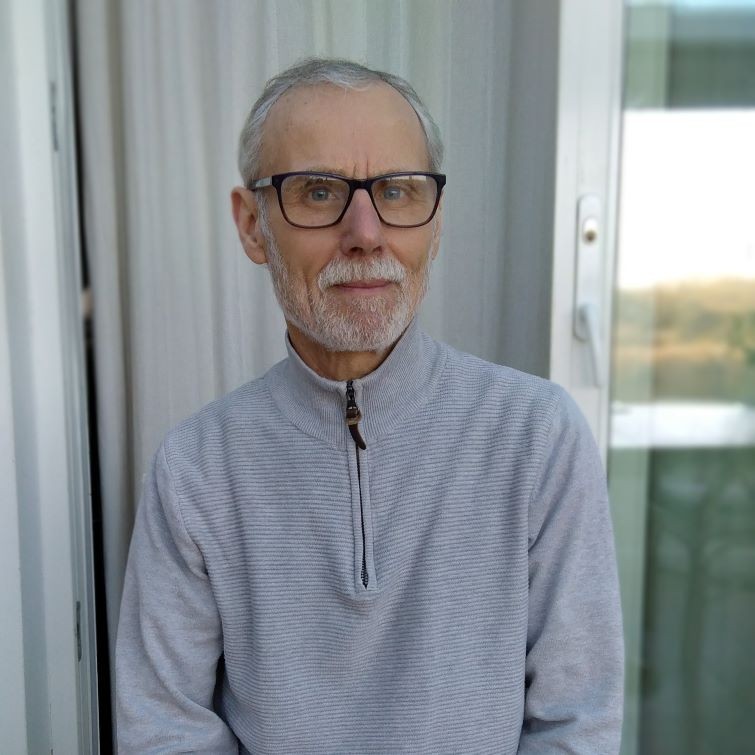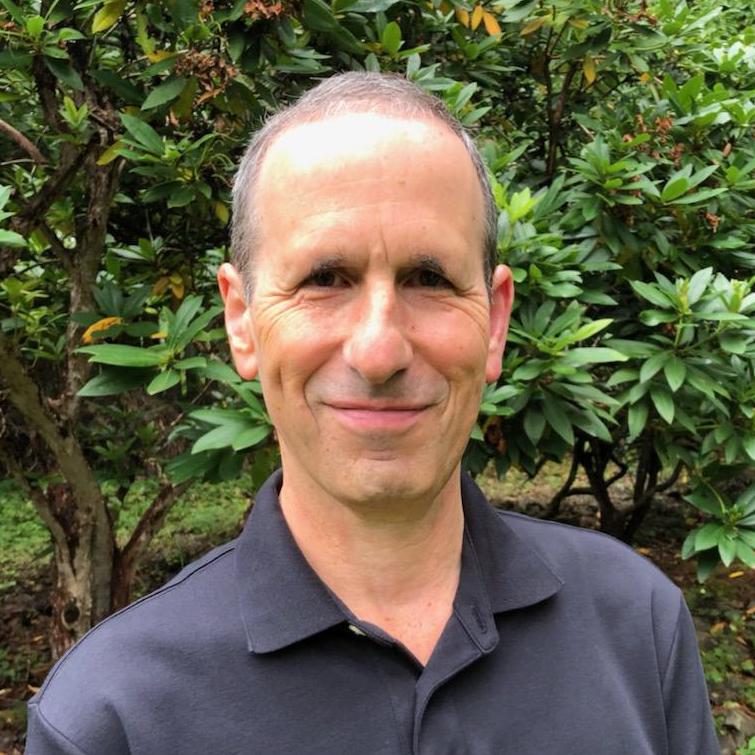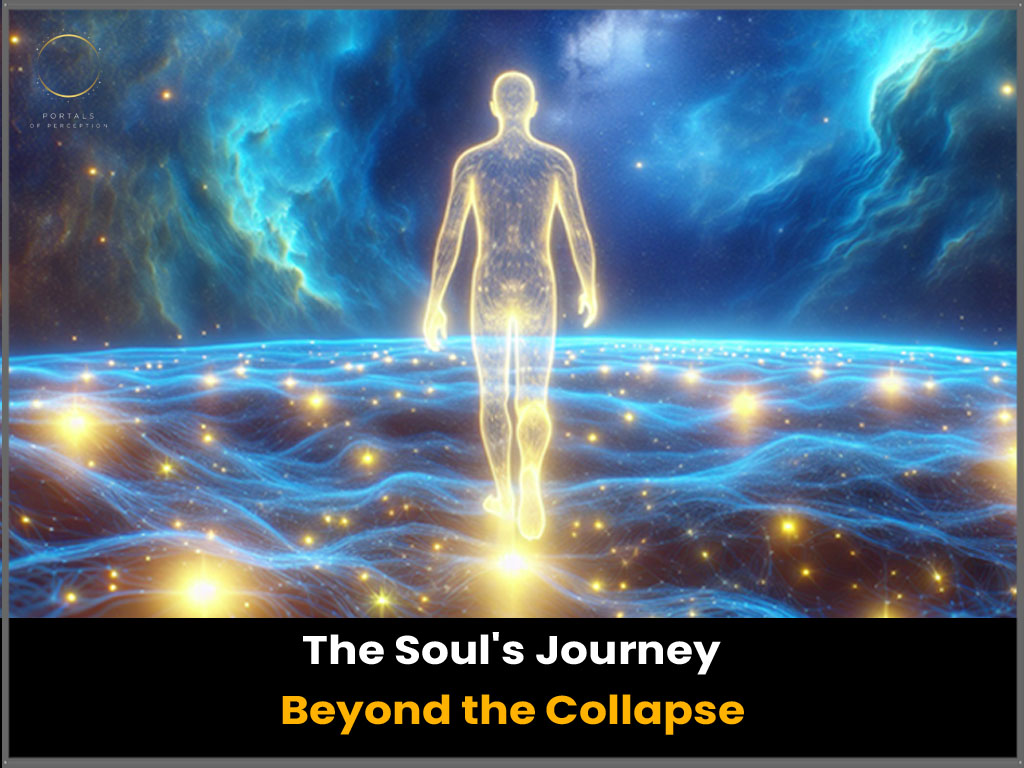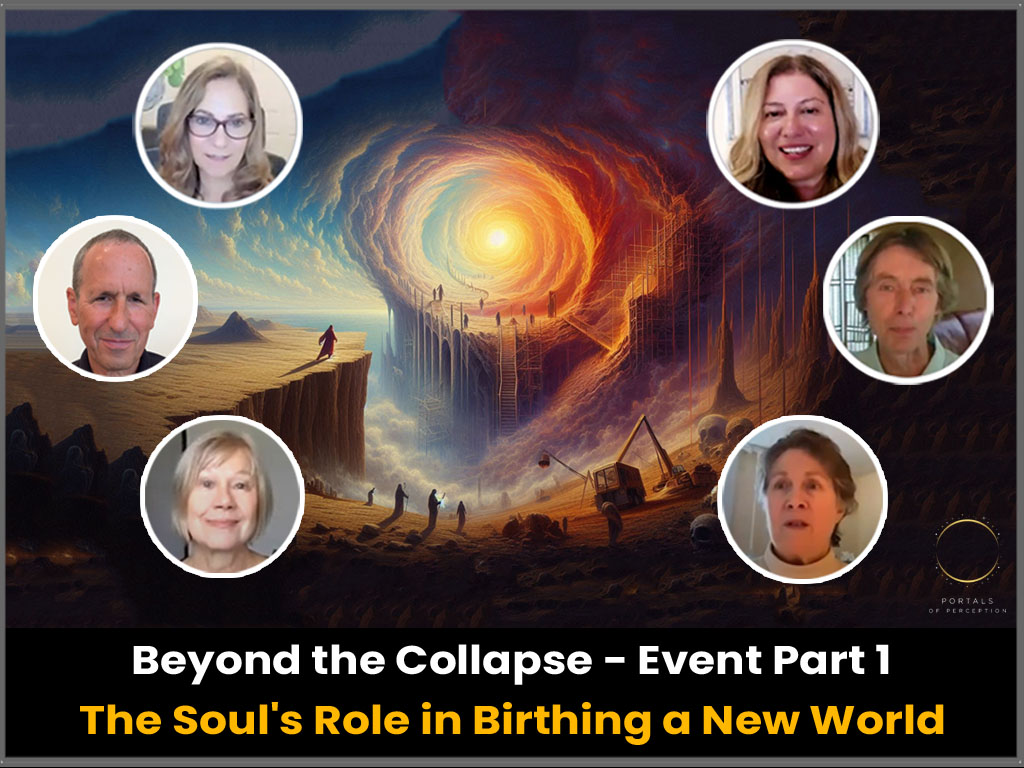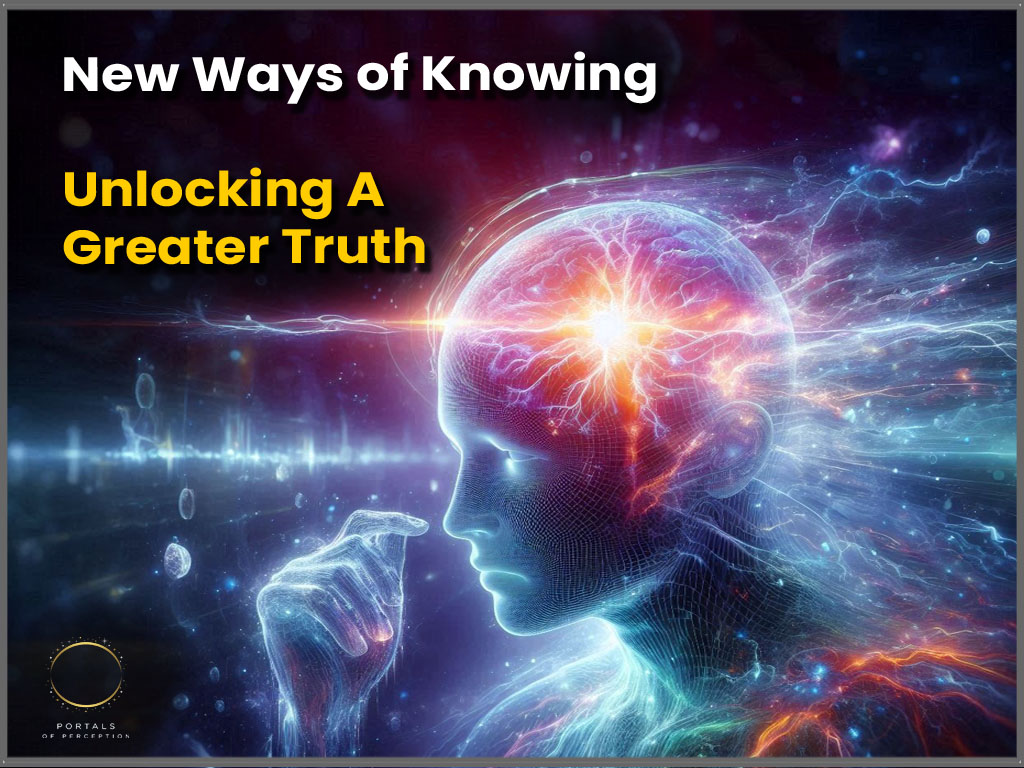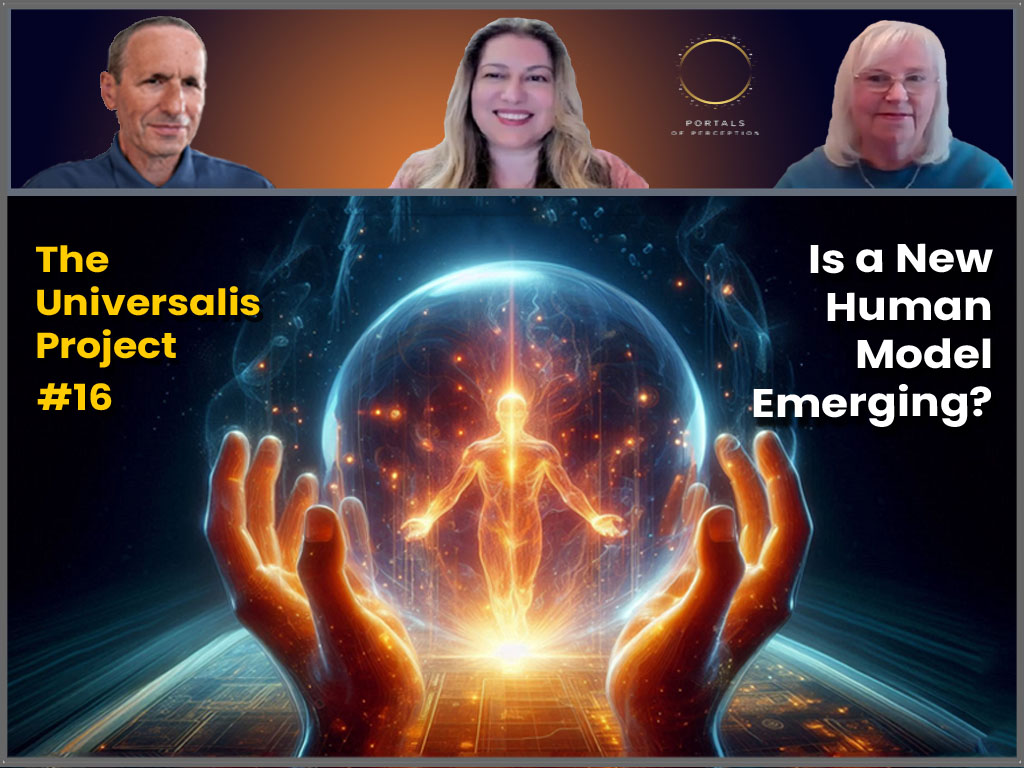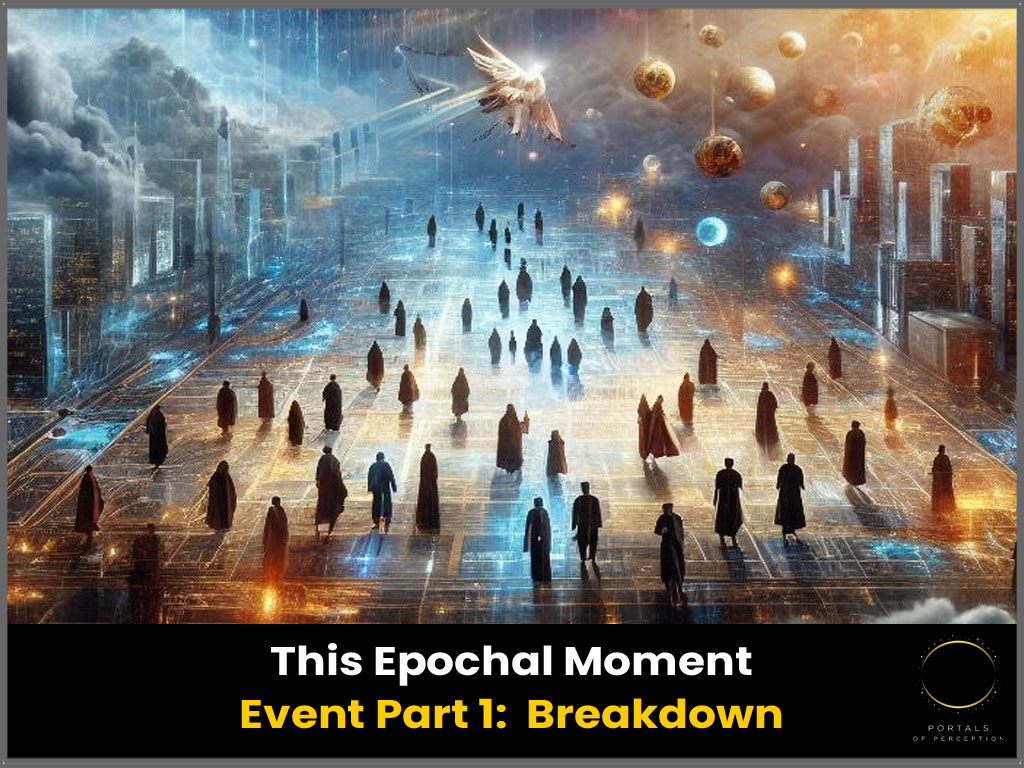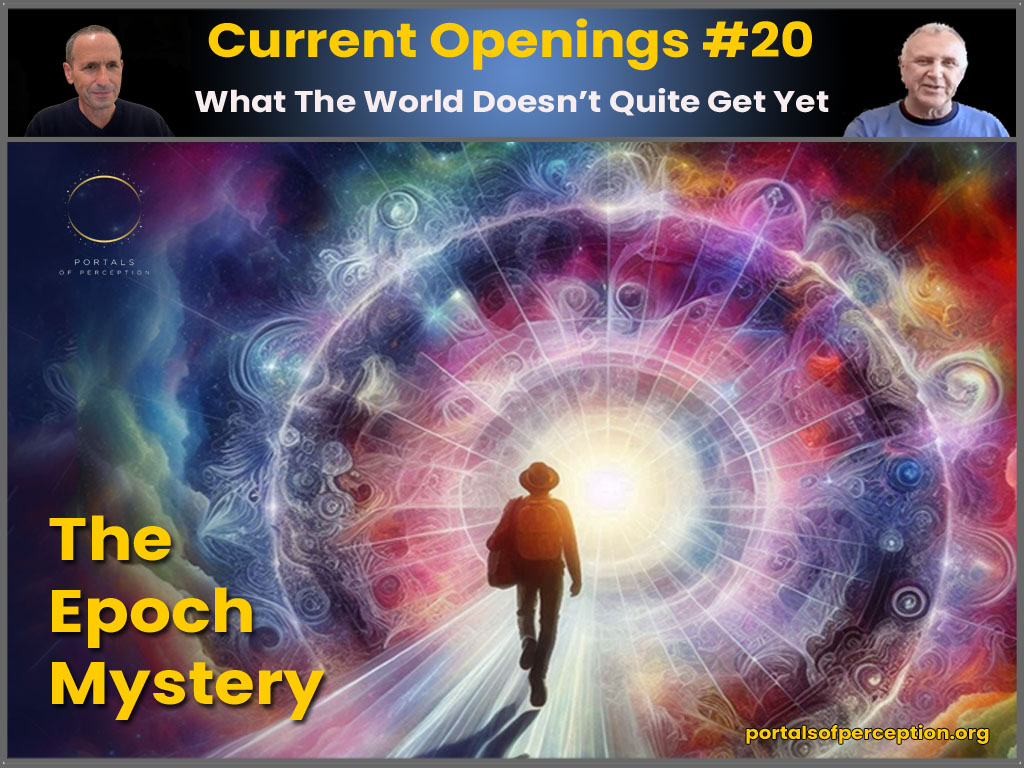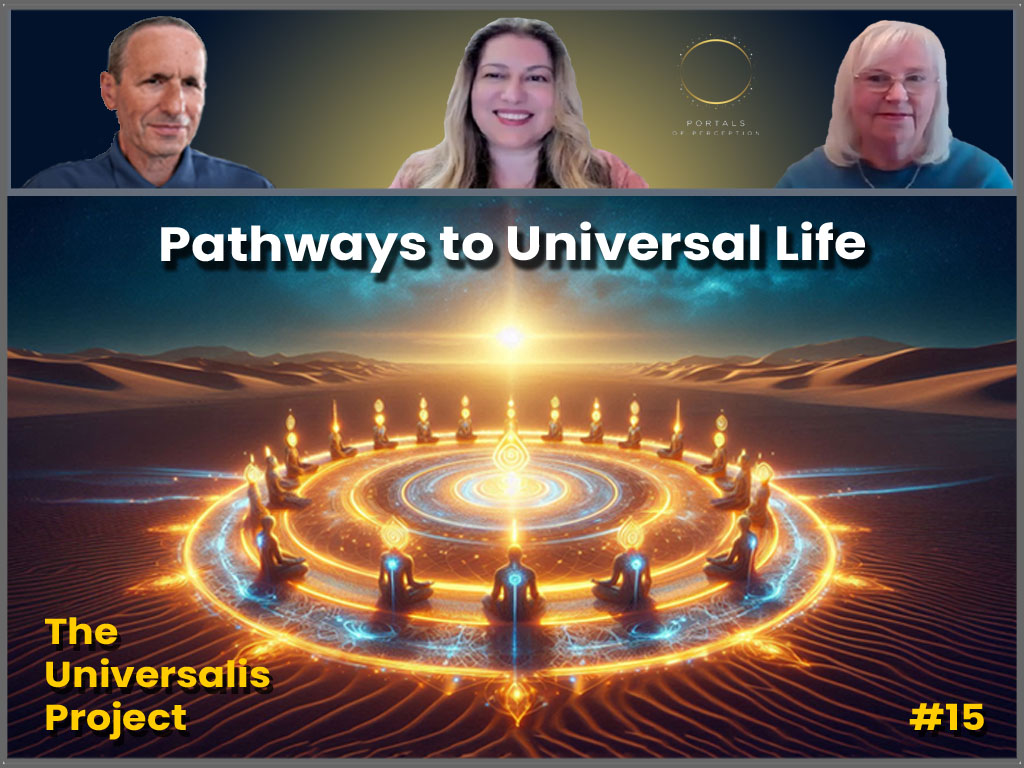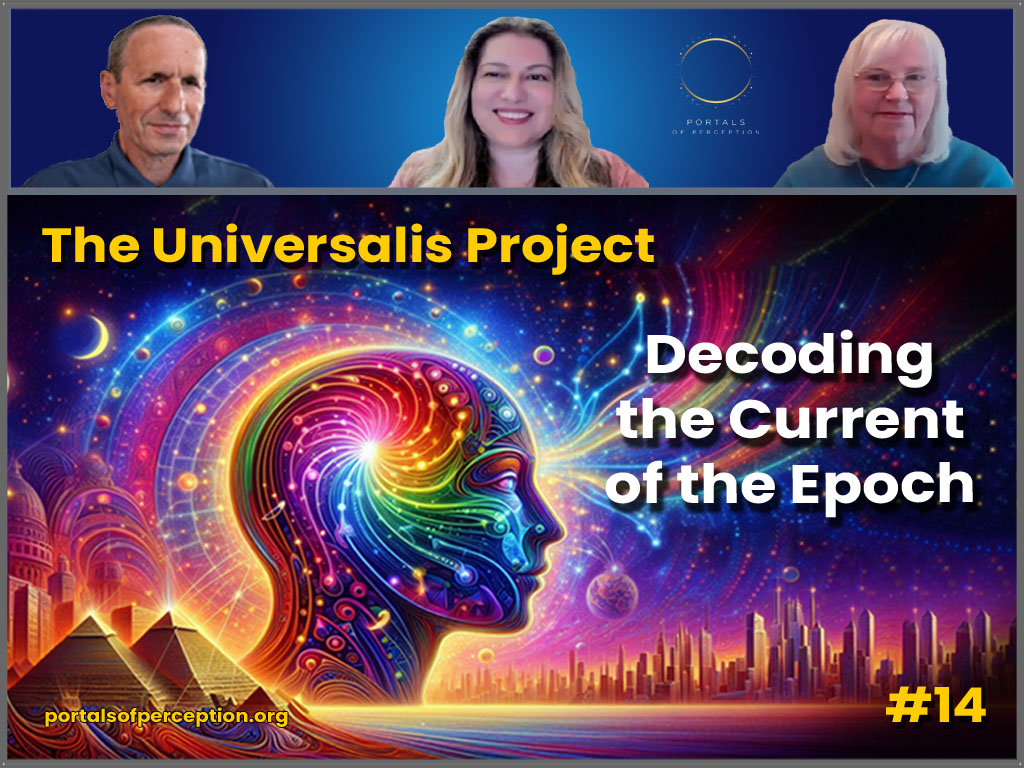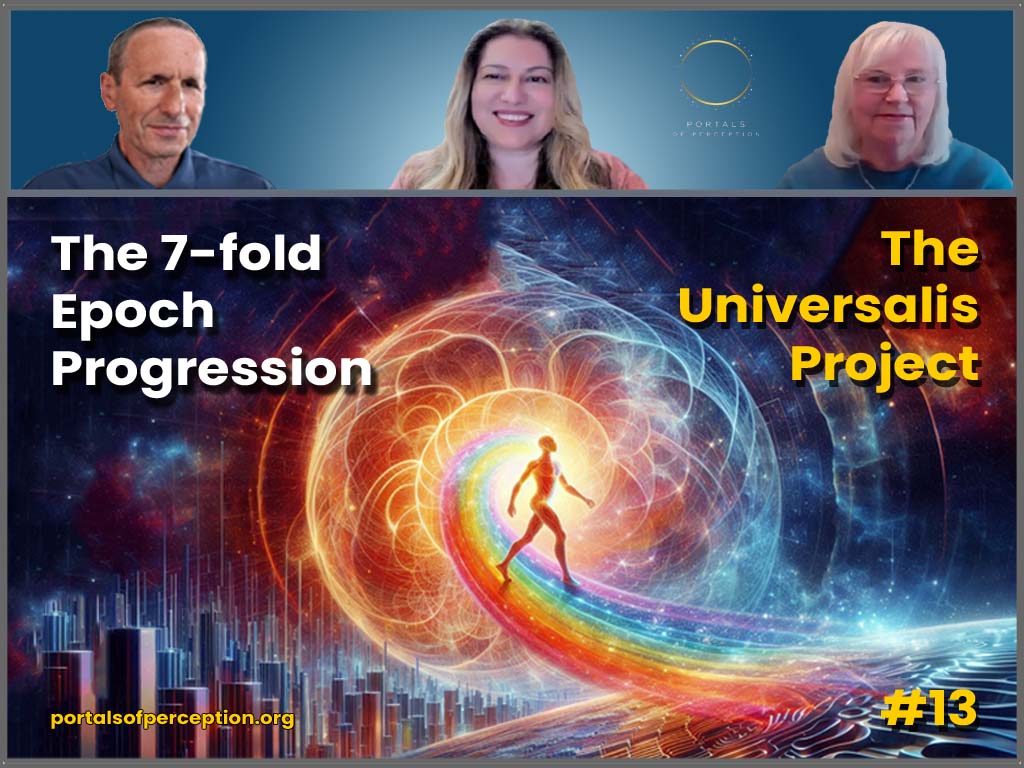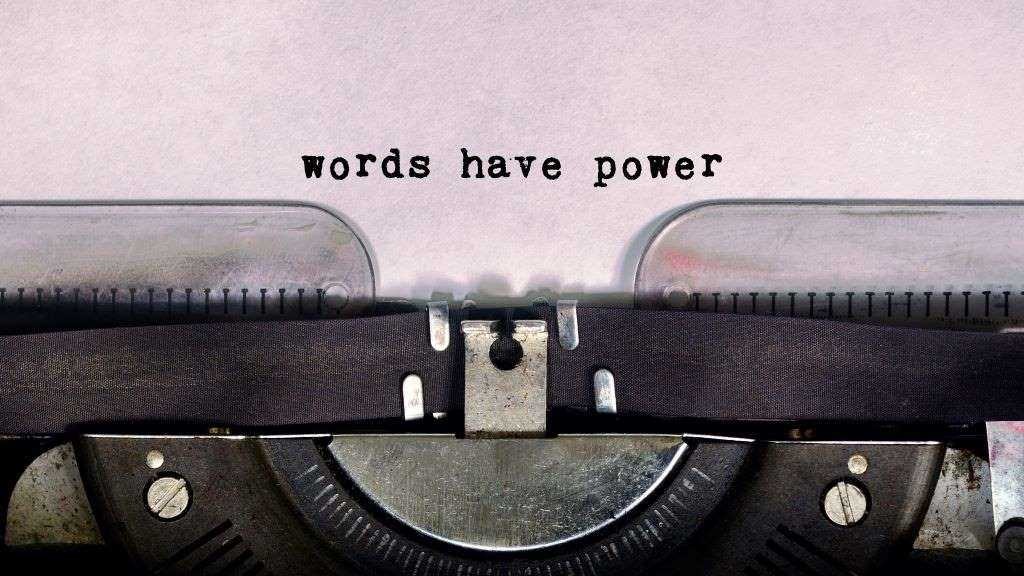
Aviv: If we claim that we have all the language that we will ever need to describe anything that will ever happen in the rest of the future of humanity, and the collective and individuated experience of all people, then by definition, we say that all that will happen has already happened before.
So there is a built-in contradiction in that, because that will then define that we can only operate within an existing historic frame. And everything we do is play out a legacy-case of what has already been established.
And everything in me is rebellious against that notion. Because, yes, truly, it asserts not only the limitation of language as the boundaries of the definition of what we can access, but it
asserts an idea, puts the boundaries of what was about what may be and what can be. And that is a problem, because it holds us back from new emergent experiences. And it also holds us back from the bigger permission and potential of the evolutionary process in the way we may discover it, in ourselves and with each other, and inside the broader universe at large.
And I will propose that that potentially opens a whole new significance, and permission, for us because, if, for example, we prefer to play with the idea that the letters represent symbolic potential, symbolically they are gateways, as you said, are portals, into realms of potential.
